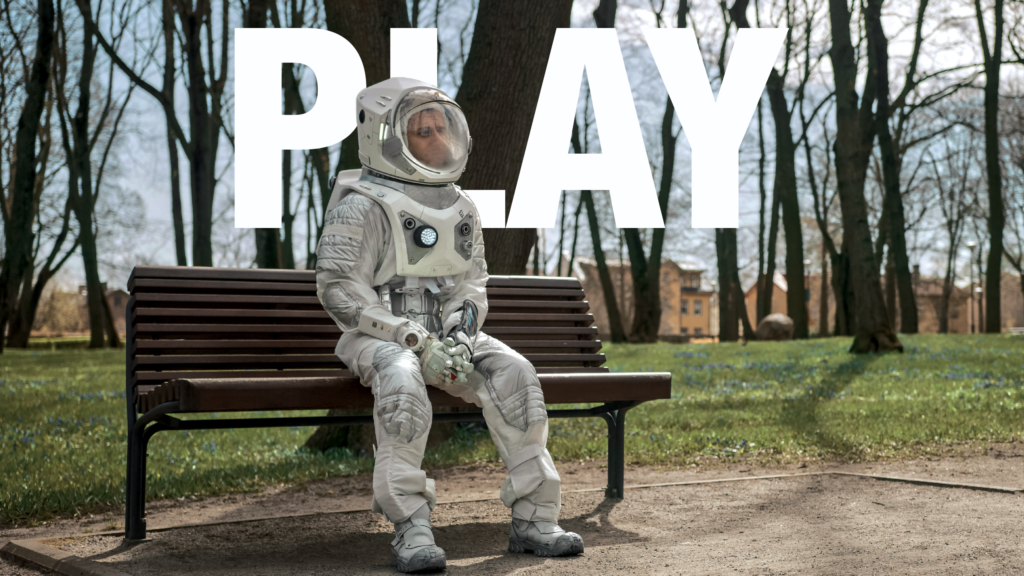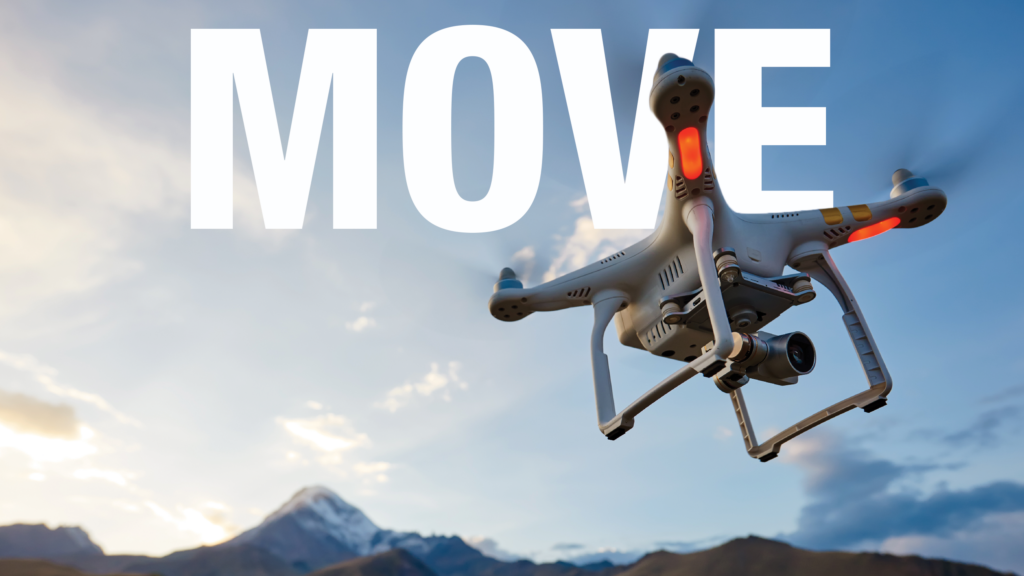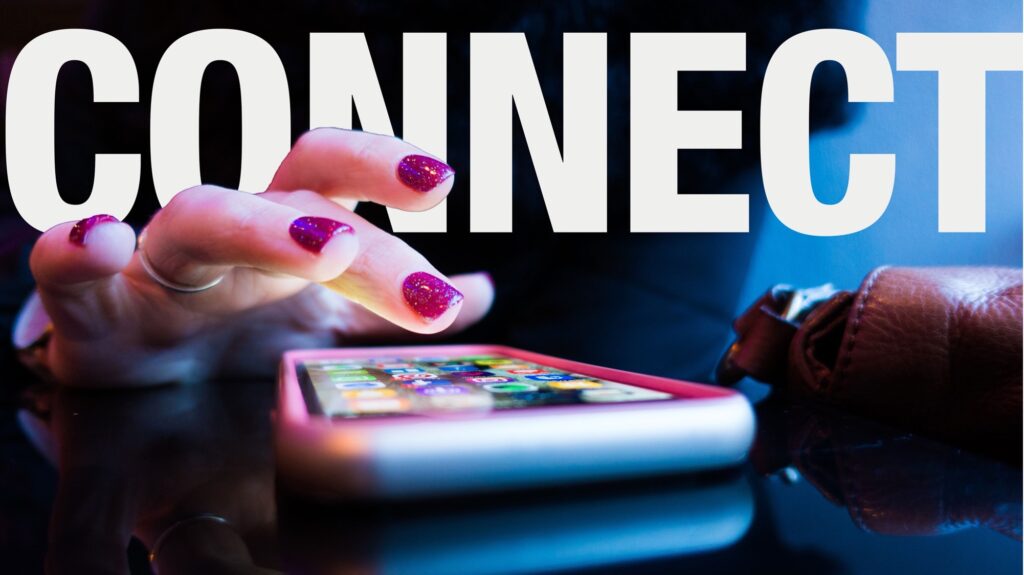Relevance, disruption, emotion: how Liberty Global has reshaped its boundaries for nearly two decades


Five questions with Sylvie Verbruggen, Managing Director, Consumer Strategy at Liberty Global
How helpful is the notion of category to Liberty Global’s business strategy?
The most popular companies often surpass the boundaries of consumer. Irrespective of the sector you operate in, Spotify sets your customers’ bar for personalization, IKEA for accessible design, and, perhaps, SpaceEx for innovation. Growth is slowing, so no company can afford to stick to the rules. Business has to look outside of their category to adjacent spaces to grow revenue.
That is why Liberty Global is expanding into health, and home security, and energy, which brings us into competition with a plethora of different companies – as diverse as the car manufacturers installing charging points for Electric Vehicles.
Growth is slowing, no company can afford to stick to the old rules.”

With that in mind, are there other examples of where liberty global or liberty global brands have begun to make moves at the edges?
On reflection, I do think that our business operates in an exciting category, and an exciting arena, because connection is such an emotive concept and reflects a basic human need. I am so passionate about that, and I really feel passionate about the importance of connection above other spaces.
We can see this in the origins of Liberty Global itself, which started as a cable TV company.
And then from that foundation, we offered broadband, which at the time seemed so unusual even if in hindsight that is now much more normalised. This is how companies continue to create success, by redefining boundaries, and offering new services to customers. When we leverage our capabilities, break established boundaries, and offer new services, we create new levels of customer service and drive trust with our consumers.
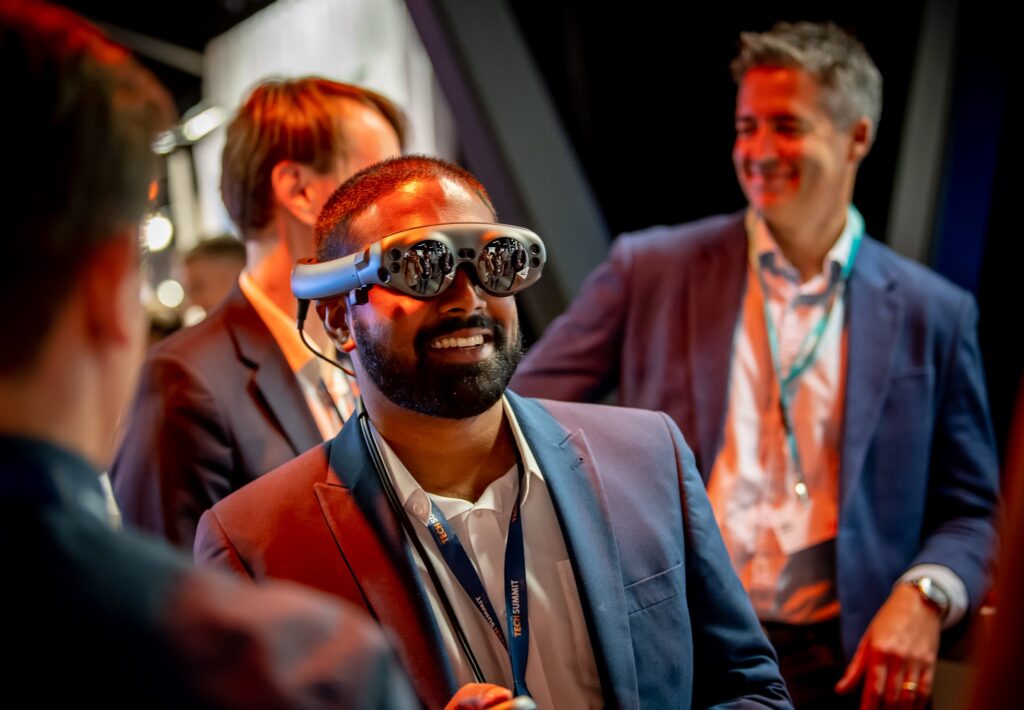
Connect brands have a privileged connection with consumers – in homes, working in the background. Do you agree that your brand has that essential utility which gives you permission to do fresh, exciting things?
We are breaking boundaries by moving into a partner-led model. We have a large customer base, a high degree of trust between ourselves and our customers, we have strong brands and a large scale of operations.
This is how we redefine the boundaries of customer expectation, investing in a variety of companies, setting up new businesses, partnerships and expanding through mergers and acquisitions. This is our way of operating, as we are a technology company, and our mantra is that we can make everything better. We build partnerships to constantly shift the boundaries of where we are as a company.
Plume WiFi for example was a partnership, where we incorporate different forms of technology into our modem sets. Our partnerships are beneficial for everyone. If we moved into the energy space tomorrow, we would need a partner that would provide that credibility. While we don’t have that expertise, we don’t have the skills, we can connect with a company that does, put two and two together and combine that expertise, suddenly we are creating a much stronger proposition for customers.
When we go into these multiple new territories, we find that consumers like being able to combine multiple services into one bill, a universal service point or customer centre. This is what customers find highly convenient, and the more we speak to consumers, we can see that if we position ourselves as a supermarket offering a wide range of goods and service, customers like that and our proposition makes sense to them. Take GEO as an example, they have everything, they have their own payment system, messaging system etc. While we don’t have plans to become that all-encompassing, we are looking at those sorts of models to see where we can position ourselves.
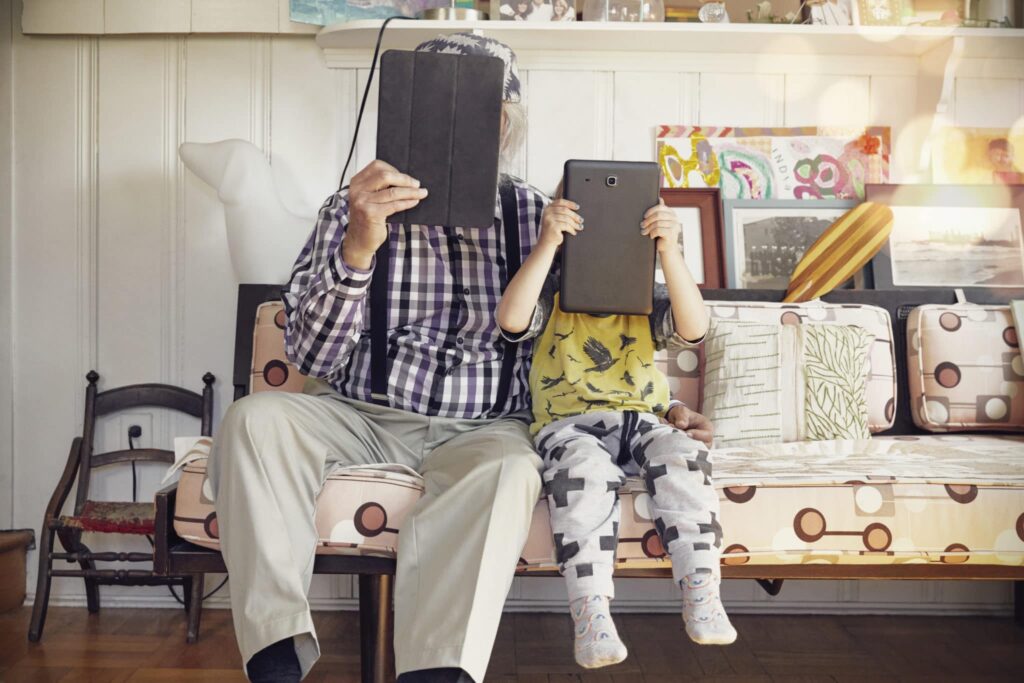
We redefine the boundaries of customer expectation, investing in a variety of companies, setting up new businesses, partnerships and expanding through mergers and acquisitions. We constantly shift the boundaries of where we are as a company.”
You also have this vision and mantra which is Tomorrow’s Connections, Today. Does the business view that theme – connect – as a key vision for the future?
Connection is about survival. We see connection to the Internet as a human right.
We see these big societal connections, and mobilizations, like Black Lives Matter, and these create huge feelings of belonging across different societal groups. These forms of connection allow people to feel part of larger stories, and while the technology is necessary to facilitate that, it needs people to drive these stories.
A lot of changes at a societal level have been accelerated by the impacts of the pandemic, but that core value, to connect people remains true. If anything, the pandemic has entrenched our belief on the need to connect people around shared values and habits, and we want to start to democratise that connection and make it accessible to everyone.
We’ve worked with digital start-ups, during the pandemic in the Netherlands we have connected elderly people in care homes to their families who wouldn’t have been able to meet face to face, we have given laptops to school children. We want to continue doing more at that societal level to create positive and meaningful connections between different elements of society.
We have also been working on bridging the digital divide essentially reaching people who don’t have the human right of an Internet connection, so we’ve been talking to different people, refugees, or people who don’t have a fixed abode and don’t have that access. One of the things we have spoken about and want to emphasise is that you are experts in is the notion that to be connected digitally now is to participate in society, or in health.
In terms of innovation, we also connect people through our entertainment, so we are investing in social viewing, digital applications. Ultimately our networks are the foundation for connecting people; for bringing people together.
Connection is about survival. Connection to the Internet is a human right.”
If we speak about the metaverse, where does this fit in? Is it a physical or digital experience? Is it a connect space?
Absolutely, it is a difficult concept to grasp! But of course, I do see it in that level below physical interactions. I don’t believe in a world where we will be sitting in a booth and only having these digital interactions, I think physical interaction is just too important. But I do think that the way we interact with the world around us will constantly evolve, how we go out, how we are entertained, how we eat at a restaurant – all of these things will change irrevocably. I’m particularly interested in the potential changes in how we earn and spend money, and what this means for the redistribution of wealth and power.
While I think these digital interactions will became richer and more compelling, which is great, I don’t think it will fundamentally alter our basic need to engage with other people in a physical setting.
